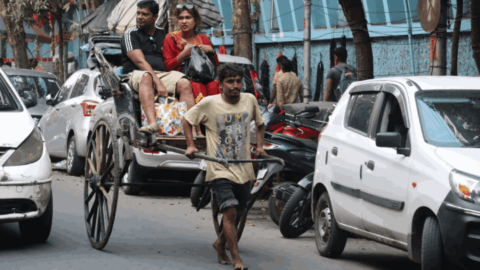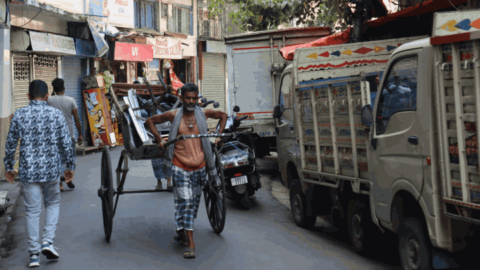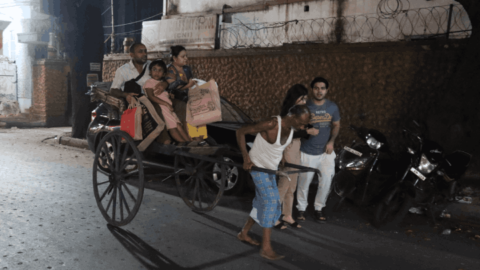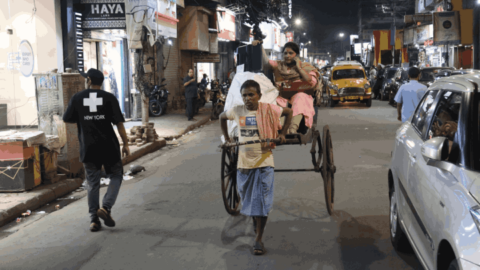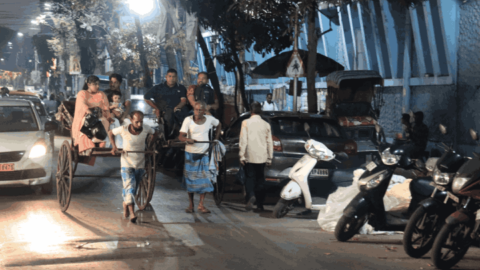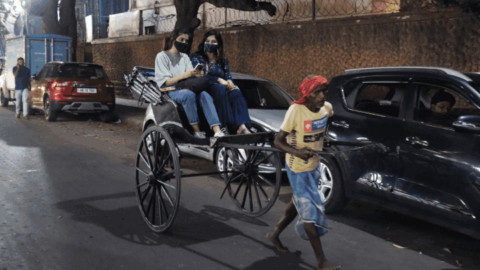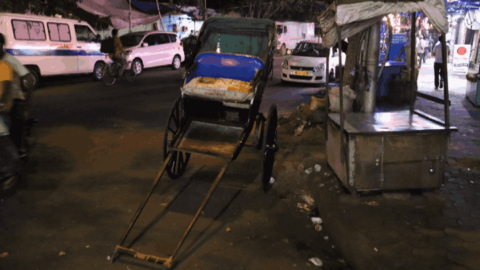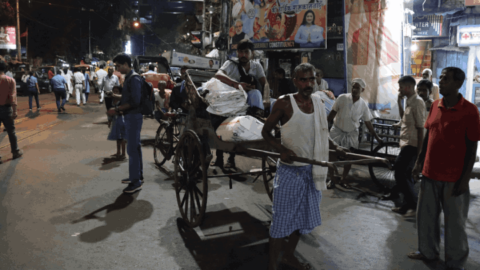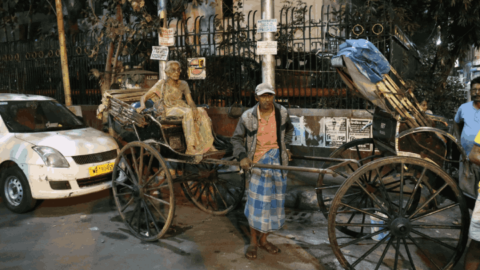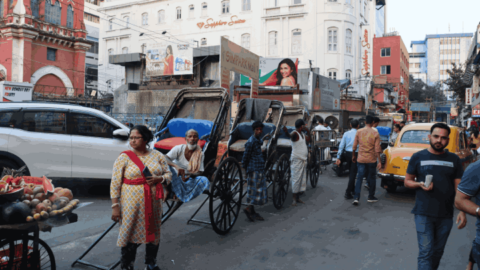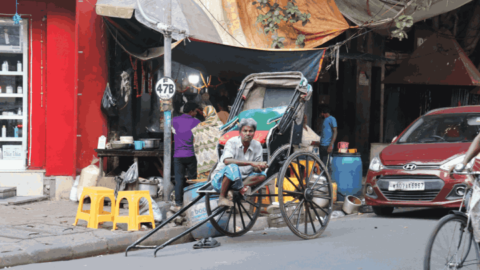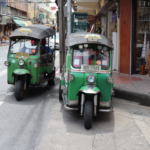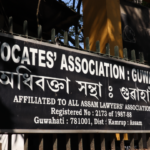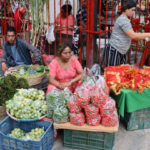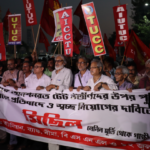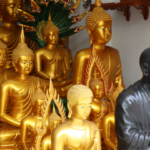A Photographic Deliberation Upon Kolkata’s Controversial Hand-Pulled Rickshaws
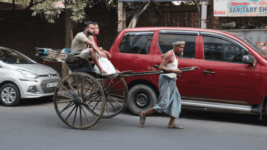
While NSW remains tightly regulated in terms of transportation, even outlawing e-Scooters on roads and road-related areas, there are a range of options overseas.
Kolkata’s hand-pulled rickshaws are something of an institution in the city of joy. Known in Bengali as tana rickshaws, this method of transporting people or goods on a seat supported by two wheels and pulled along via two long wooden poles involves a man using only his hands and feet to power it.
Many Kolkatians are proud of this signature feature of their city, considering the rickshaw wallahs a key part of the community, who were a godsend during the pandemic in terms of getting sick people to hospitals.
Mind you, these people weren’t relegated to the streets during the COVID lockdown, like most of the rickshaw pullers were, as many of them sleep underneath their vehicles, which are both a means of subsistence and a home.
Tourists long ago shunned this mode of transport, due to what might be termed the degrading nature of the work these men carry out, often in bare feet.
However, it was the civilised British who introduced hand-pulled rickshaws to the city known as Calcutta when under their occupation.
The British passed the Hackney Carriage Act 1919 to facilitate this means of transport, which allowed them to be dragged about town by other human beings.
While the government of West Bengal attempted to pass the Hackney Carriage (Amendment) Bill 2006, with the aim of phasing them out.
But the rickshaw wallahs protested en masse, as the government was going to leave them with no way to make money to survive. A High Court challenge resulted in a stay on the bill, although the Kolkata Municipality hasn’t issued any new rickshaw puller licences since 2005.
The rickshaw question therefore has two sides, with one side seeing them as a convenient transportation option and those who pull them as people simply want to continue making a living, and the other viewing them as a degrading remnant of colonialism which must be phased out.
Whatever side a person may take, one thing is certain – they are a convenient short-distance transportation option, unlike the extremely limited choices we have in the heavily-regulated nation known as Australia.
Sydney Criminal Lawyers was on the ground in Kolkata and had many a rickshaw wallah ring the bell they carry to capture a potential client’s attention, but despite the pleasantness of each driver, it declined to take up their offer.
